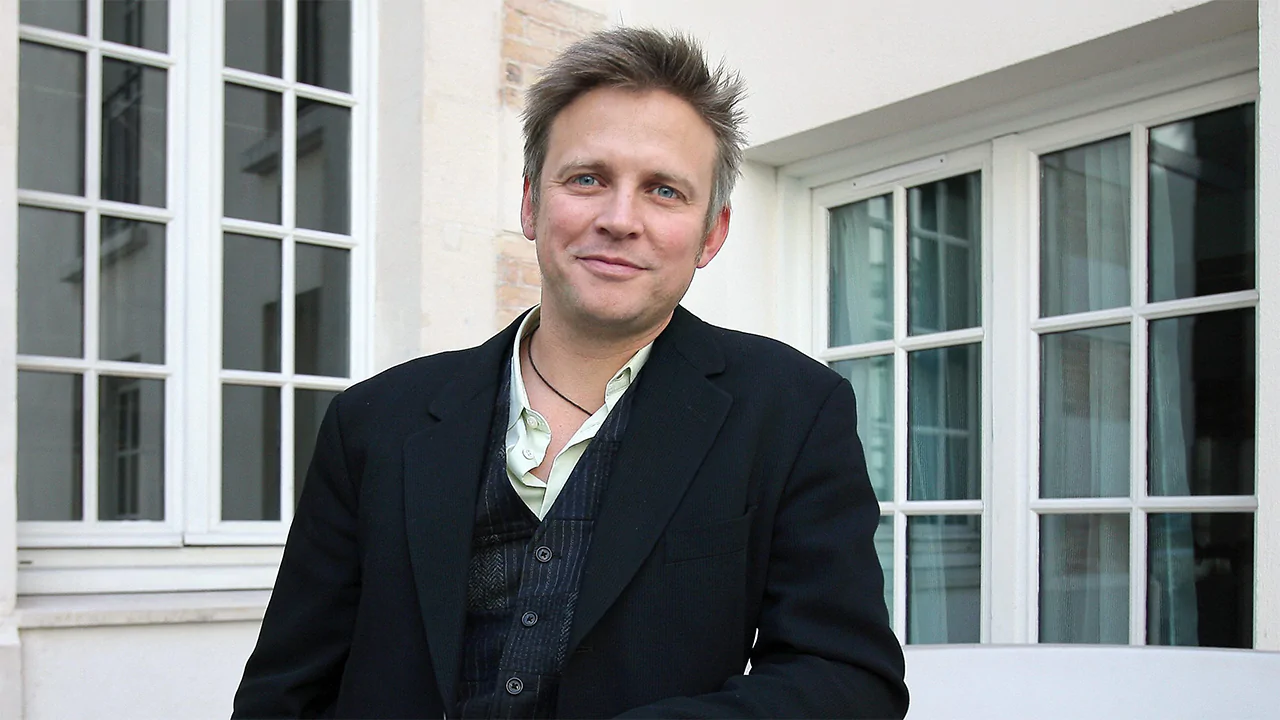Thanks to the advancements in technologies, computers can be made faster and more efficient.
By simply decreasing its size, for example, miniaturization allows more components to be packed inside an increasingly smaller dimension. This is in line with the Moore's law, which observes that the number of transistors inside an integrated circuit will double every two years.
And with that in mind, computers will become faster and more powerful, as time passes.
Second Life was once the world many of its users had dreamed of. There, they can do activities they normally do in real life, but in a digital world that is so-called the "metaverse."
The person considered the pioneer that brought this technology to the public, is Philip Rosedale.
Since Facebook the company rebranded to Meta in order to focus its efforts on this virtual world technology, other tech companies are seemingly in a race towards creating their own versions of the metaverse.
Because of that, Rosedale is returning to his company, in order to help Second Life pursue this metaverse, or at least reclaim it.

The announcement comes as High Fidelity, the spatial audio company that Rosedale also helped co-found in 2013, announced that it was investing in Linden Lab, the company that created Second Life.
In a press announcement, High Fidelity said that its metaverse team is joining Linden Lab.
High Fidelity is also putting other resources, including cash and “conveyed registering licenses" to help Linden Lab with its Second Life project.
And with that, Rosedale is also rejoining the Second Life project as the its strategic advisor.
According to the announcement, Rosedale's return is to help Second Life "scale its operations and strengthen its commitment to growing an innovative, inclusive, and diverse metaverse where its inhabitants’ ingenuity drives real-world value for themselves and others."
BIG NEWS! @HighFidelityXR Invests in @SecondLife.@philiprosedale Returns as an Advisor, Along with Key #Metaverse Assets to Help Fuel Growth. Read the full announcement https://t.co/WqPS4V9WPv
— High Fidelity (@HighFidelityXR) January 13, 2022
Rosedale envisions that Second Life would develop a metaverse that is based on a paid subscription model.
Rosedale’s intention in returning to the company he founded, is to take advantage of his experience in creating virtual worlds to enter the thriving sector of the metaverse.
As the one who pioneered the concept of the metaverse with Second Life, Rosedale wants Second Life to compete when the world's versions of the metaverse, when the technology finally starts to go mainstream.
For him, this is about more than money, as he is taking this rather personal.
"No one has been as close to building a virtual world as Second Life," boasted Rosedale.
Second Life is considered one of the oldest virtual worlds that enjoyed great popularity in the first decade of the century.
And Rosedale's return is showing that Rosedale has decided to return to his roots.
According to Rosedale, his metaverse project is very different from the one Meta and others are developing.
"Big Tech giving away VR headsets and building a metaverse on their ad-driven, behavior-modification platforms isn’t going to create a magical, single digital utopia for everyone,” he said.
In his own words, his version of metaverse is not meant to be driven by Virtual Reality.
Second Life has higher revenues-per-user than YouTube or Facebook, but charges fees (for land and transactions) instead of selling ads with behavioral targeting and surveillance. And basic access is also free.
It seems possible to provide virtual worlds without causing harm.— Philip Rosedale (@philiprosedale) January 15, 2022
According to Rosedale, other companies are building their own metaverses based exclusively on generating an advertising medium and aimed at modifying the behavior of its users.
Second Life on the other hand, aims to to create something that is totally different.
"Second Life has managed to create both a positive, enriching experience for its residents — with room for millions more to join — and built a thriving subscription-based business at the same time. Virtual worlds don’t need to be dystopias," he added.
In the long term, Rosedale believes that the future of the metaverse is tied to NFTs. But at this time at least, he is yet to consider it interoperable with the metaverse.
Related: The Metaverse 'Is Not For Everybody, And Maybe It's Never For Everybody'